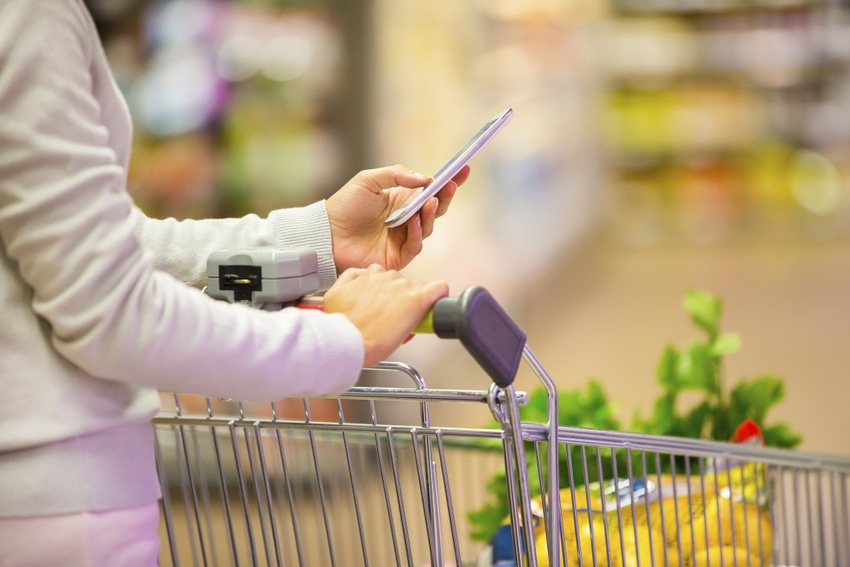The reality of the super-informed consumer
Technology has made it easy for consumers to access reams of health and nutrition data at the click of a button. But is that necessarily a good thing?
June 30, 2014

The proliferation of anywhere, anytime internet access on smartphones, tablets and laptops means these devices are quickly becoming the general public’s “go to” educational resources for everything from recipe ideas to pop culture trivia to medical advice. But while the internet has made such information more accessible, it has also produced a glut of inaccurate information that consumers have to weed through, especially in the arena of health and nutrition.
Anxiety about the potential for misinformation in this realm has grown to such proportions to finally prompt the United States government to intervene. Just last month, the Food and Drug Administration (FDA) released a document that outlines suggestions for how companies should respond to misinformation about their products and services being spread online. Recognizing the power of online discussion forums, the FDA recommended that companies post corrections directly to the forum threads where misinformation has been posted. They also suggest that the companies contact site administrators to request that the misinformation be corrected, and they may also suggest that the site administrator allow comments to be posted to the articles.
The FDA's move reflects the growing power of social media, forums and other online sources to spread misinformation about foods, medicines and ingredients. Research also indicates that this digital sphere is rife with inaccuracies. A few years ago, Columbia University and the New York City based company MixedInk teamed up on a study that examined 52,000 tweets that were made about antibiotics over a four month period. Of the tweets examined, 700 tweets were found to contain inaccurate information, meaning that more than 8 percent of those tweets from this test sample contained misinformation.
Traditional media is responsible for some of the problem and websites, though potentially good sources of information, can also be riddled with errors.
So what's the solution?
How can consumers safeguard themselves against bogus articles, and how can retailers and manufacturers help to insure that the public isn’t inundated by misinformation?
First and foremost, food producers have the responsibility to disclose both nutritional content and health information about their manufactured products and, as the FDA recommends, to correct misinformation about their products.
“If properly harnessed, both personal health apps and the internet can be an invaluable resource for the modern health care system,” said Tim Cannon, from HealthItJobs.com.
The internet also provides accessible, cost-effective tools for smaller operations to remain vigilant about and diligently dismiss fallacies and misinformation about their products. Engaging consumers through social media channels, and creating blog content that strives to better inform the public, are all viable means of promoting accurate information and enriching public discourse about nutrition and agribusiness.
Retailers looking for advice to give their customers should tell them to be extra cautious about which stories they “share” or “like” via social media feeds, wrote Dr. Justin Smith, in WeDoItAllForKids.com. Many people unwittingly perpetuate false information by not looking at news items with a more discerning eye. Another way that Smith recommends consumers help out is by keeping a watchful eye on who they are connecting with via social media feeds, especially on Twitter, because various third-party companies build out false accounts to help spread politically or commercially motivated medical misinformation.
The good news is that the volume of unreliable information online is gradually making people more skeptical of what they read on various websites and more inclined to trust their physicians. “Even though people rely on these technologies more than ever,” said Bradford Hesse, head of the Health Communications and Informatics Research Branch at the U.S. National Cancer Institute, “they are also more frustrated with these technologies.” Hesse is insistent that the “internet is not going to replace doctors."
And that's good news for the natural and organic products industry, because it represents a growing trend toward people becoming more conscientious not only about how they address health, but also about what they consume to achieve a healthy lifestyle.
You May Also Like


